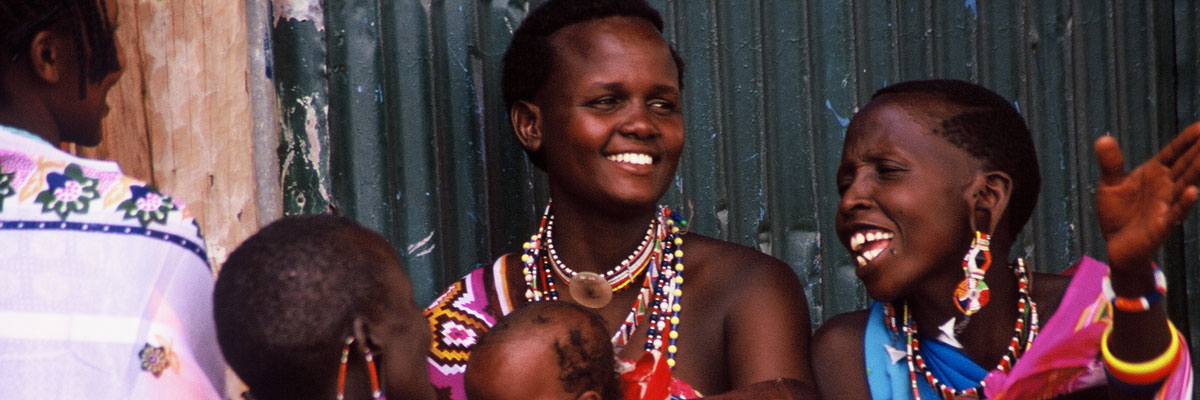
|
Female genital mutilation, also known as female genital cutting or FGM, is the practice of intentionally cutting or altering the female genital organs for non-medical reasons. In most societies where FGM happens, it is seen as a cultural tradition and is deeply rooted in inequality between the sexes. Each year the United Nations observes February 6th as the International Day of Zero Tolerance for Female Genital Mutilation. Together, we can stop this human rights tragedy and support victims of FGM. Here’s what you need to know and what actions you can take to help stop it: UNICEF estimates that at least 200 million women and girls are victims of FGM.Despite FGM being classified as a human rights violation by the World Health Organization, it still happens to thousands of vulnerable women and girls every single day. Globally, a woman or girl is violated by FGM every ten seconds.This means approximately 8,500 women and girls are harmed by FGM daily. Most girls undergo FGM between infancy and the age of 15.FGM has existed for over 2,000 years and is performed on women days before their marriages, or on babies as young as a few days old. The procedure has no health benefits for women and girls.FGM can cause severe pain, infertility, infection, and prolonged bleeding. It can also cause complications during childbirth and increases the risk of newborn deaths. The practice of FGM can also cause behavioral changes in women and girls and lifelong psychological damage. Complications are common and often lead to death.Women that undergo the procedure are twice and likely to die during childbirth. FGM is often used as a way to control girls.Communities practice FGM for a range of cultural reasons. Since it is such a powerful social norm, many families have their daughters cut despite the risk of death and lifelong health complications. The practice of FGM is a universal problem, found in all corners of the world.The practice of FGM is primarily concentrated in 29 countries in Africa and the Middle East, but it’s an issue across the globe. In Egypt and Ethiopia, nearly half of the female population are survivors of FGM. More than half a million women and girls in the United States are at risk of undergoing or have undergone FGM. (Source: United Nations) |